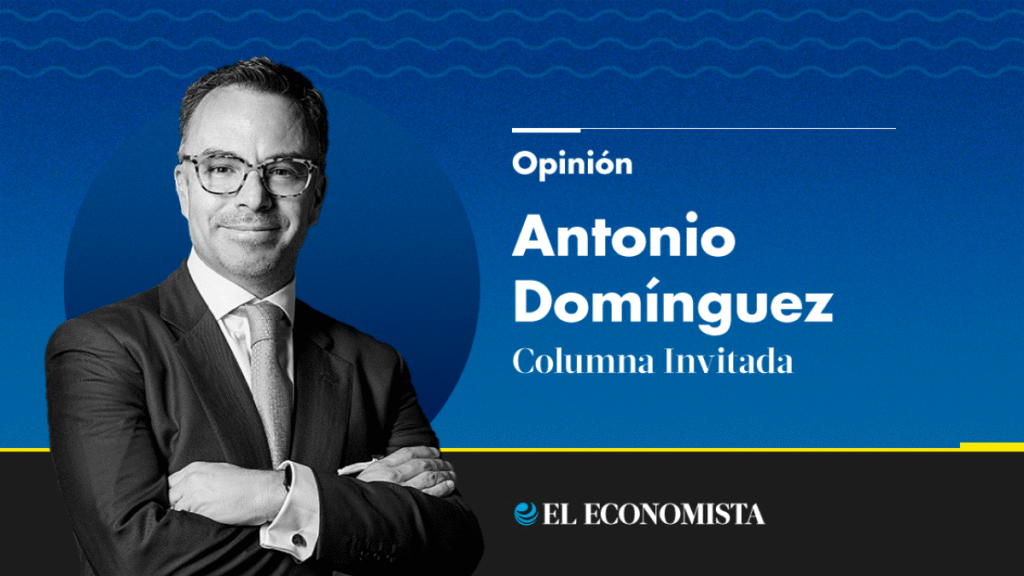The Power of Thoughts and Narratives in Shaping Our Lives
Our minds shape our lives, and it’s not just a cheap self-help phrase. It’s a verifiable reality. What we think, what we believe, and what we silently or openly repeat molds our decisions, relationships, and aspirations. However, there’s something even deeper – it’s not just about our thoughts but also the stories we tell ourselves.
Humans are naturally storytellers. We need narratives to understand the world, give meaning to our lives, and make sense of chaos. We also use these narratives to define ourselves, limit ourselves, or liberate ourselves. In these stories, we construct our identity and, unknowingly, build our future.
The Opportunity and Trap of Reimagining Our Narratives
This brings us to the idea of history classes in schools. These should be spaces where history isn’t just a list of dates but is discussed for its purpose. What Mexican history are we telling, and who does it serve?
For generations, we’ve been taught a narrative where we are the defeated, betrayed, and plundered. From primary school, we’re introduced to the Conquest narrative as an open wound, where our role is clearly defined – that of the victim. This shapes our growth and relationships with the present, as if being Mexican means resignation, blaming others, and living with an imposed destiny.
Reimagining La Malinche: A Story of Valor and Connection
What if, instead of calling La Malinche a traitor, we see her for who she truly was – an intelligent, multilingual woman who understood her context and made decisions amidst a collapsing world?
This is the premise of “Malinche,” a musical show created by Nacho Cano, which I recently had the chance to see. It’s a family-friendly production with depth that transcends generations. A woman who, far from betrayal, acted bravely and bridged cultures with its lights and shadows.
The show not only reinterprets the past but challenges it. It compels us to ask: how many times do we keep repeating the same story out of fear, judgment, or unhealed wounds? How many times do we remain shackled to a narrative that reduces our history to an eternal defeat?
Changing the narrative also changes how we confront our problems today. No longer is it “the government,” “the system,” or “history.” Instead, it’s about the story we choose to tell ourselves, what we can do, and where we’re headed.
Educating the Mind: The Importance of Reimagining Narratives
Teaching the mind is about learning to narrate differently. When someone changes their narrative, they change their way of being in the world. Mexico not only needs a new political class but also a new narrative, and this transformation begins in the classrooms.
History classes should stop being catalogs of defeats and become spaces where we understand the past and learn to reinterpret it. The true educational revolution begins in the mind of every girl, boy, teacher, and parent who dares to tell and live a different story.
Key Questions and Answers
- What is the main idea of the article? The article emphasizes the power of thoughts and narratives in shaping our lives, advocating for reimagining traditional stories to foster personal growth and societal change.
- Who is La Malinche, and why is she relevant? La Malinche was a Nahua woman who played a crucial role in the Spanish conquest of the Aztec Empire. She is often portrayed as a traitor, but the article suggests reevaluating her story to understand her as a woman of valor and connection between cultures.
- How does reimagining narratives impact our lives? Changing the stories we tell ourselves can alter our perspectives, decisions, and relationships, ultimately leading to personal growth and societal transformation.
- Why is it important to rethink history classes in schools? Traditional history classes often present a defeatist narrative that may not serve the best interests of students. Reimagining these narratives can empower students, foster critical thinking, and encourage them to build a more positive future.






